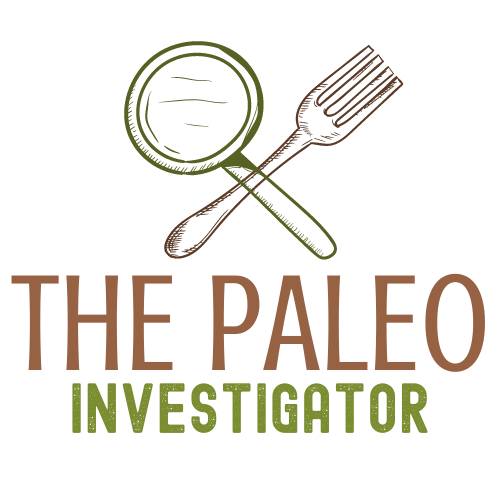In the pursuit of a healthier lifestyle, many people might entertain the idea of becoming a vegetarian. However, the diet is not the best option for every individual. A vegetarian diet requires discipline and educational investment.
Before you decide whether a vegetarian diet is right for you, it is best to talk to your primary care physician and perform a fair bit of research to avoid some of the common pitfalls.
Many people who decide to try the vegetarian lifestyle are often surprised at the level of variety and choices they have. People often view these diets as super restrictive and nearly impossible to follow, but when practiced correctly, dieters actually retain a lot of freedom.
Types of Vegetarian Diets
When people consider a vegetarian diet, they typically think about the traditional diet — no meat, poultry, or fish.
However, even the conventional diet is broken down even further to define animal products that are or are not permitted. For instance, a lacto-ovo dieter is a vegetarian who can consume dairy products and eggs. A lacto vegetarian can consume dairy products but not eggs, and an ovo vegetarian can eat eggs but not dairy products.
You can also choose to be a vegan. A vegan is a more restrictive vegetarian. Dieters do not consume meat, poultry, or fish, and they also do not consume eggs, dairy, and other animal products, such as honey and gelatin.
If neither vegetarian option sounds like a good fit, you can also follow a partial vegetarian or flexitarian plan. Partial vegetarians include pescatarians and pollo-vegetarians. Pescatarians eat fish, and pollo-vegetarians eat poultry. A flexitarian eats mostly vegetables and other plant-based foods, but they also eat small amounts of meat, poultry, fish, dairy, and eggs.
Advantages of a Vegetarian Diet
If you follow a vegetarian diet correctly, there are many potential benefits. These diets can be excellent for heart health, blood pressure, bone health, and reduced risks of cancer, diabetes, and other health issues. However, it must be emphasized that the benefits or advantages follow from the correct adoption of the diet.
A person might technically follow a vegetarian diet by avoiding meat, fish, and poultry but mainly eating bread. A carb-heavy diet will not provide the same advantages as a balanced vegetarian diet. If you do not know how to follow the diet, it is best to educate yourself first.
Potential Risks of a Vegetarian Diet
The primary risks of a vegetarian diet correlate with improper nutrition. Many people who try a vegetarian diet fail to include diverse food choices to substitute for the lack of vitamins and minerals. You must realize that eliminating meat, poultry, fish, and potentially dairy from your diet will automatically create deficits, and those shortcomings need to be accounted for.
The vitamins and minerals that tend to cause the most trouble for vegetarians are nutrients like omega-3 fatty acids and vitamin B-12. While there are many ways to supplement these nutrients into a vegetarian diet, you need to be aware of them. A vegetarian diet makes it easy to include empty calories.
There is nothing wrong with adopting a vegetarian diet. Many people who commit to the correct diet can make incredible life changes, and a vegetarian diet will produce significant results for the right dieters. As always, talk to your doctor before making significant dietary changes.
Do you think you will give a vegetarian diet a try?
